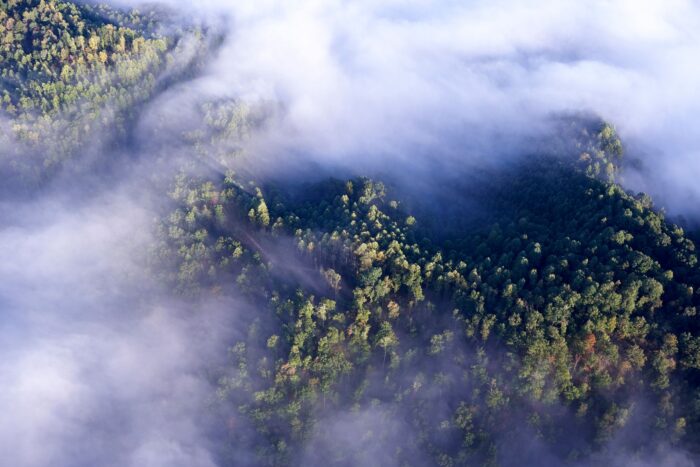In a landmark decision on 24 October 2025, Helsinki District Court acquitted five environmental activists charged with disobeying police orders, finding that they had acted under necessity to protect a legally protected streamlet. The decision marks a significant development in Finnish jurisprudence concerning environmental activism and represents the first known time an act of necessity has succeeded in this context in Finland.
Background
In October 2023, activists participated in a demonstration at a logging site in Stansvik, Helsinki, where forestry machinery was working in accordance with the city’s street plans. Police officers instructed the demonstrators to move elsewhere, and when some refused to comply, they were arrested and removed from the site. The prosecutor charged five activists with disobeying police orders under Chapter 16, Section 4 of the Finnish Criminal Code.
A key defendant admitted the conduct but argued that the actions were justified by an act of necessity, as the purpose was to save a legally protected streamlet. Under Chapter 2, Section 11 of the Finnish Water Act, endangering the natural state of a streamlet located outside Lapland is prohibited, and no exemption permit had been sought. The day following the incident, Helsinki city authorities instructed the city to refrain from actions endangering the streamlet’s natural state. The Regional State Administrative Agency later ordered the City of Helsinki, under threat of penalty, to restore the streamlet that the forestry machinery had partially destroyed.
The act of necessity assessment
Under Chapter 4, Section 5 of the Finnish Criminal Code, an act necessary to avert an immediate and compelling danger threatening a legally protected interest is permitted if the act is justifiable when assessed as a whole, taking into consideration the nature and extent of the interest to be defended and the damage and harm caused by the act, the origin of the danger, and the other circumstances.
The court found it evident that the protected streamlet faced immediate danger, as forestry machinery was about to drive over it. The danger was also deemed compelling because all available means had been exhausted to protect the streamlet, including petitions, demonstrations, and contacts with politicians and environmental authorities.
Distinction from earlier precedent
The court acknowledged an older Supreme Court decision from 1983 (KKO 1983 II 159) where nature conservationists who prevented excavation work at a bird nesting site at Koijärvi were convicted of disobeying police orders. However, the court distinguished this precedent on two critical grounds.
First, the act of necessity provision in force in 1983 did not include the possibility of using the act of necessity to protect collective interests – these were only added by legislative amendment in 2003. The Supreme Court did not, however, base its reasoning in its decision from 1983 on this, but rather found that there was no act of necessity because the defendants in the 1983 case had prevented the implementation of a lawful drainage plan. Second, the circumstances differed, as, in the newer case, the streamlet’s natural state is protected by law, which led authorities to halt logging the day after discovering the streamlet and subsequently order its restoration.
The outcome
It was undisputed in the case at hand that nature constitutes a legally protected interest within the meaning of the necessity provision. The court found that the key defendant had delayed forestry work and thereby likely prevented the complete destruction of the streamlet protected under the Water Act. This constituted a last resort to defend a legally protected common legal interest, and therefore the key defendant had the right not to comply with police removal orders, making the conduct necessary, defensible, and justified.
As the other defendants had been present at the same time as the key defendant, preventing the same forestry machinery from working, and the prosecutor had not proved that they had not acted under necessity, the charges were dismissed against all five activists.
The significance of the decision
The decision is the first of its kind in Finland and demonstrates that the act of necessity can succeed in the context of environmental activism when protecting a legally protected natural site. The decision recognises that nature is a legally protected interest and that individuals may have the right to take last-resort action to defend such legally protected common interest when all other means have been exhausted.
The significance of the decision is emphasised by the fact that the court expressly distinguished earlier precedent and highlighted the evolution of necessity provisions, signalling a potentially more receptive approach to environmental activism defences in Finland.
The decision is not yet legally binding. It remains to be seen whether the prosecutor will appeal and how higher courts might address these questions.
Contact authors



